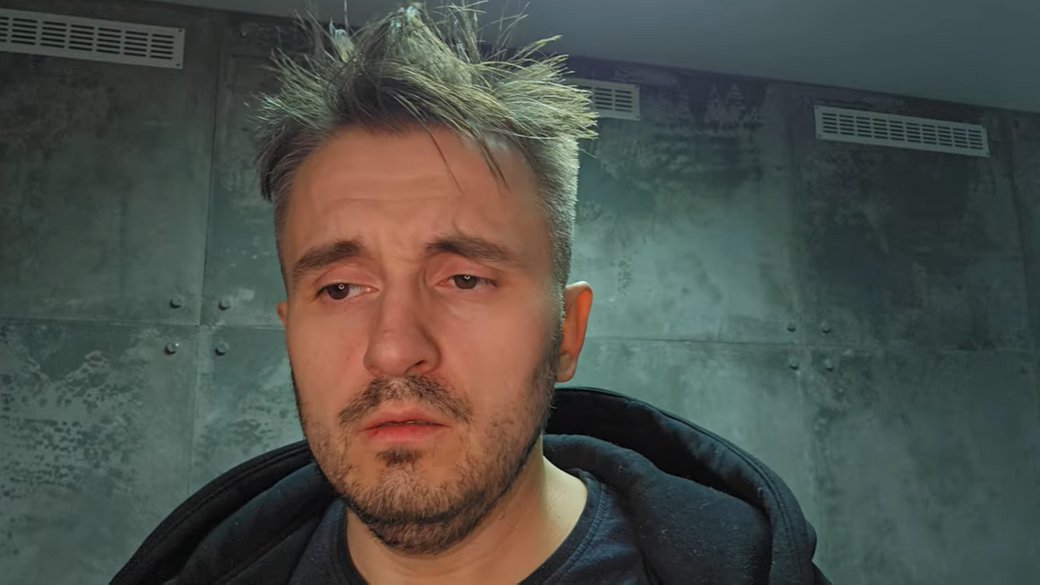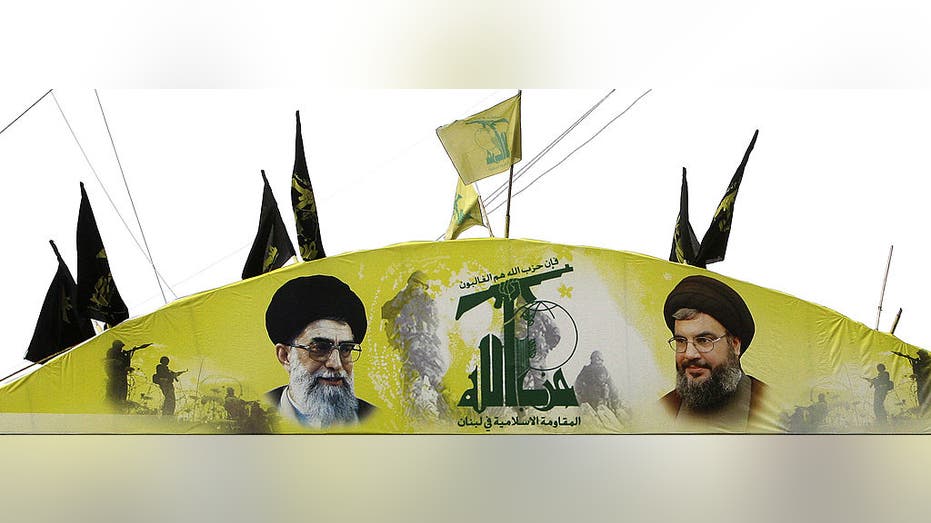Ukrainian media coalition decries “targeting” of journalists critical of authorities
A host of Ukraine's top independent media outlets have accused authorities of provocations, surveillance and rights infringements against journalists. The post Ukrainian media coalition decries “targeting” of journalists critical of authorities appeared first on Euromaidan Press.

Mediarukh, a Ukrainian media freedom movement comprising leading media outlets and watchdogs, demands President Zelenskyy to “resolutely condemn” a pressure campaign on independent journalists and ensure that incidents of intimidation are investigated as crimes against media professionals.
“Anonymous Telegram channels that openly declare working for the government and constantly defend it, along with propaganda websites, have systematically targeted independent media and investigative journalists, staging provocations against them in real life. Unknown aggressors have tried to portray Ukrainian journalists as ‘enemies of the people,’ Russian agents, drug addicts, and discredit their professional work,” the statement says.
The statement was released following two incidents of intimidation of investigative journalists. Euromaidan Press is a signatory.
Yuriy Nikolov, whose investigation into inflated prices and opaque food procurements for the Ukrainian Army prompted a transparency drive and, ultimately, the resignation of Defense Minister Reznikov, has had unknowns plaster the door to his apartment with signs such as “traitor!”, “provocateur!” and demands that Nikolov enlist in the army — a popular way to denigrate males in Ukraine, despite Nikolov likely having an exemption over an ailing mother who needs his care. These images were then immediately circulated on anonymous Telegram channels believed to be affiliated with the Ukrainian government.
In a post on Facebook, Nikolov said that the only repercussions he faced after his investigations were former Minister Reznikov’s requests for Ukraine’s Security Service to open proceedings against Nikolov for “undermining the defense capacity” of Ukraine. While the police have informed the journalist they are looking into the matter, the outcome of the case is by no means certain and requires oversight.
A more complicated operation was conducted against Bihus.info, a team of investigative journalists delving into the corruption of Ukrainian officials who can boast of criminal proceedings being regularly launched against their subjects following the release of their investigations.
A murky project titled “People’s Truth” published a video where members of his team — camera people and SMM managers — appear to be ordering drugs at a New Year’s party. By no means does “People’s Truth” appear to be a legitimate media: its Youtube channel has published only four videos, the last being the Bihus expose, a “photo” of its editor-in-chief is generated by AI, and the biographies of the “editorial team” list names of fabricated outlets, a factchecker has found.
While the visibly distraught founder of Bihus.info Denys Bihus immediately announced that the team will conduct drug tests and face “hard personnel changes,” he also informed that members of the Bihus.Info team had allegedly been under surveillance for about a year. The purpose of the surveillance was likely a search for ways to discredit the editorial office. The resulting video was compiled from several episodes separated by months, Denys Bihus said.
“And when they couldn’t find professional f*ckups, they switched to personal attacks. As a result, they installed cameras in the room of the girls from the team at the New Year’s corporate party,” he said.
According to the journalist, such wiretapping and surveillance is blatant interference with “deeply private life,” and by using drugs, the team members shown in the video harmed only themselves but did not pose a social threat.
Bihus also noted that this surveillance and the publication of the video did not look like a spontaneous act of revenge for any specific materials but rather a systematic long-term surveillance and harassment to discredit the team’s work.
“I’m embarrassed by what I saw on the video, but what I’m really ashamed of are the performers of this show. And at the cost of all this embarrassment, we have learned for sure that the special services have the time, inspiration, and budgets to conduct systematic surveillance of the private lives of members of the investigation team,” he concluded.
A pattern of intimidation via anonymous Telegram channels
The incidents fall into a pattern that critics say is Ukraine’s government using anonymous Telegram channels to wage an “information war” against domestic opponents and critics amid the ongoing war with Russia.
“The precedent with Yurii Nykolov showed that this ‘army’ has already moved on not only to provocations in virtual reality, but also in the physical one,” said Nataliia Lyhachova, editor-in-chief of the Ukrainian media watchdog Detector Media.
According to Lyhachova, an “information army” of anonymous Telegram channels has formed in Ukraine during the war with Russia to target internal opponents and critics of the current government, as well as independent media and journalists. She said this amounts to an internal “information army” fighting part of Ukrainian society.
Lyhachova said while it is difficult to definitively prove links between this “information army” and the Office of the President, there are many “coincidences” pointing to connections.
Lyhachova pointed to the recent incident with Yuriy Nykolov as evidence that this “army” is moving beyond just online attacks to real-life provocations, while still providing heavy informational backing. She named the Telegram channels “Joker,” “Vertical,” and “Playing Card Office” as being involved.
According to Lyhachova, this “information army” operates by manipulatively portraying all government critics as Russian agents, draft evaders, enemies of the president, enemies of Ukraine, and so on. “This is vile and cynical,” she said.
Lyhachova made clear she does not agree with the specific words Nykolov used to criticize the president and commander-in-chief. However, she stressed Ukraine’s constitution still protects freedom of speech even during wartime.
Lyhachova drew parallels to the pro-Yanukovych “Ukrainska Kryvda,” a 2013 rip-off of the popular website Ukrainska Pravda, attacks on independent media, as well as the re-emergence of individuals involved in those efforts now targeting media on behalf of the current government.
“The whole history of Ukraine shows that any government that started a war with journalists and democracy was thus embarking on the path of defeat,” she warned.
Lyhachova’s reminiscence of the times of pro-Russian president Viktor Yanukovych, who fled Ukraine following the Euromaidan revolution in 2014, is echoed by Oksana Romaniuk, director of the Institute for Mass Information.
According to Romaniuk, targeted hunting of the media, surveillance, and recording of hidden videos are unacceptable in a democratic country.
“And I am very sorry to see examples that remind me of the times of Yanukovych. And they definitely have no place in 2024,” said the IMI director.
Not only Bihus and Nikolov
Other outlets, including Detector Media, Ukrainska Pravda, NV, Censor.net, Babel, and Liga.net said they have faced similar provocations from anonymous Telegram channels aimed at their discreditation.
“All these actions are crimes that require an urgent response from law enforcement agencies,” the statement by Mediarukh said. “And they all damage Ukraine’s future as a democratic state.”
The media groups called on Ukraine’s law enforcement to recognize the gravity of the situation and swiftly identify and prosecute those responsible for the alleged harassment and attacks on journalists.
They suggested anonymous Telegram channels linked to the provocations see them as retaliation for criticism of authorities, including President Volodymyr Zelenskyy.
The outlets urged international partners to speak out in defense of the persecuted journalists, saying public scrutiny is key to upholding democracy, rule of law and anti-corruption efforts.
Addressing civil society, the media groups stressed independent media and the right to criticize power are enshrined in Ukraine’s constitution and integral to the country’s aspirations for European integration.
“We together must stand up now to defend what we fought for during the Maidan protests, and what we continue resisting the Russian aggression for,” the statement reads.
The statement is open for signing via the email info@detector.media
You could close this page. Or you could join our community and help us produce more materials like this.
We keep our reporting open and accessible to everyone because we believe in the power of free information. This is why our small, cost-effective team depends on the support of readers like you to bring deliver timely news, quality analysis, and on-the-ground reports about Russia's war against Ukraine and Ukraine's struggle to build a democratic society.
A little bit goes a long way: for as little as the cost of one cup of coffee a month, you can help build bridges between Ukraine and the rest of the world, plus become a co-creator and vote for topics we should cover next. Become a patron or see other ways to support.
The post Ukrainian media coalition decries “targeting” of journalists critical of authorities appeared first on Euromaidan Press.



